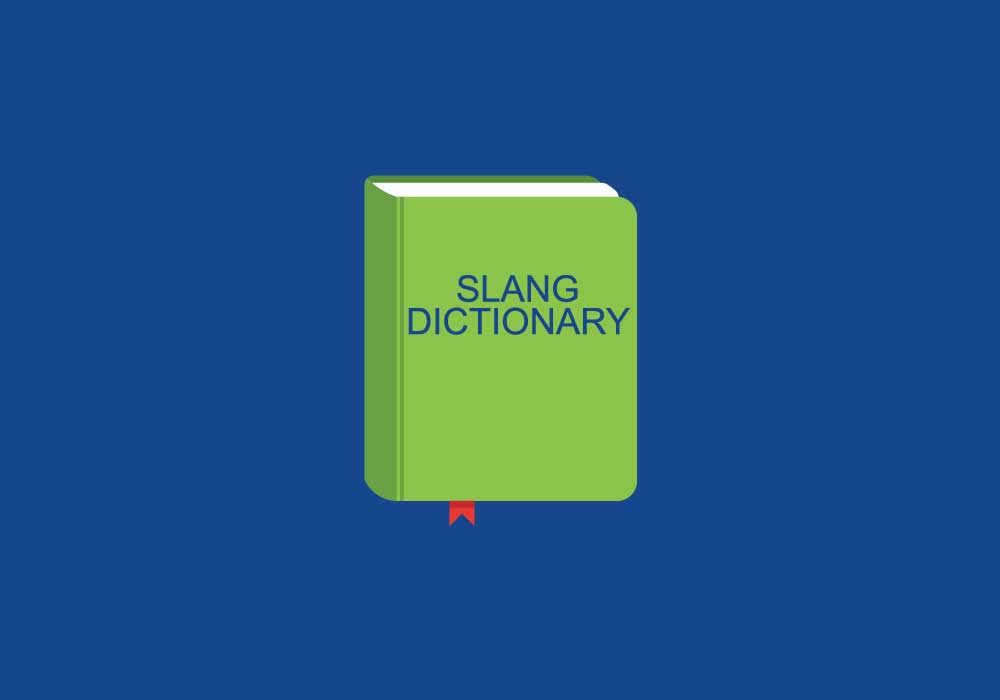

Mr Slang, as Martin Amis called Jonathon Green (a cognomen that he has adopted as his Nom de Twitter) has an enviable reputation as the premier slang lexicographer of his generation. In its historical approach, GDoS matches the Oxford English Dictionary and it’s not hyperbolic to suggest that it’s the OED of slang. The only works I know of that are comparable in their approach, if not size, are Jonathan Lighter’s Historical Dictionary of American slang, which sadly has stalled at the letter O, and its spin-off, Jesse Sheidlower’s The F-Word. Few slang dictionaries attempt this - though many include examples - because the written record of slang is poor (it is, after all, primarily a spoken medium) and a huge research effort is needed to acquire early citations. Every entry includes a range of dated citations, going back to the first firmly attested example, to show the way the word or phrase has been used through its life. It’s so big because it’s that rare thing, a dictionary that records the historical development of slang.

GDoS (as it is already commonly abbreviated) is an important publication in the history of slang lexicography. It is only right that Jonathon Green’s magnum opus should carry his name in the title. Leaving aside the superlatives, it is principally a testimony to the industry of its editor. Unfortunately, the price is likewise massive, which is hardly going to make it a household purchase, even at the deep discounts being offered by some online retailers. It is physically huge: 6000+ pages in three hefty volumes with ten million words, 110,000-plus definitions and 413,000 citations. This work is monumental in several senses.


 0 kommentar(er)
0 kommentar(er)
